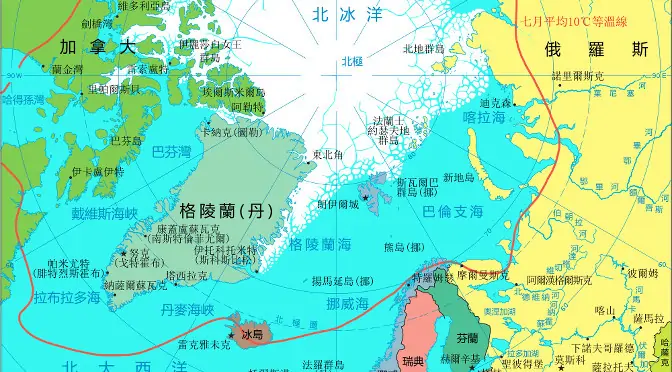As we saw previously, the “zombie apocalypse” (Valantin, Invasion Z: zombie wars or resource wars?, 2014) chronicled through various novels, movies, TV and Internet series, video games, comic books, is taken quite seriously by major national security organizations, as the US Strategic Command, or the US Centers for Disease control (CDC), which use the zombie culture as training and warning tools for new kinds of emergency and contingency situations. If these organizations use the contemporary zombie culture as a training tool or a support to advocate a new political position, things may be more profound and important than it would seem at first glance. This comes from the fact that zombie stories are very interesting thought experiments about the coming resource …
Continue reading “War, Zombies and Strategy”











